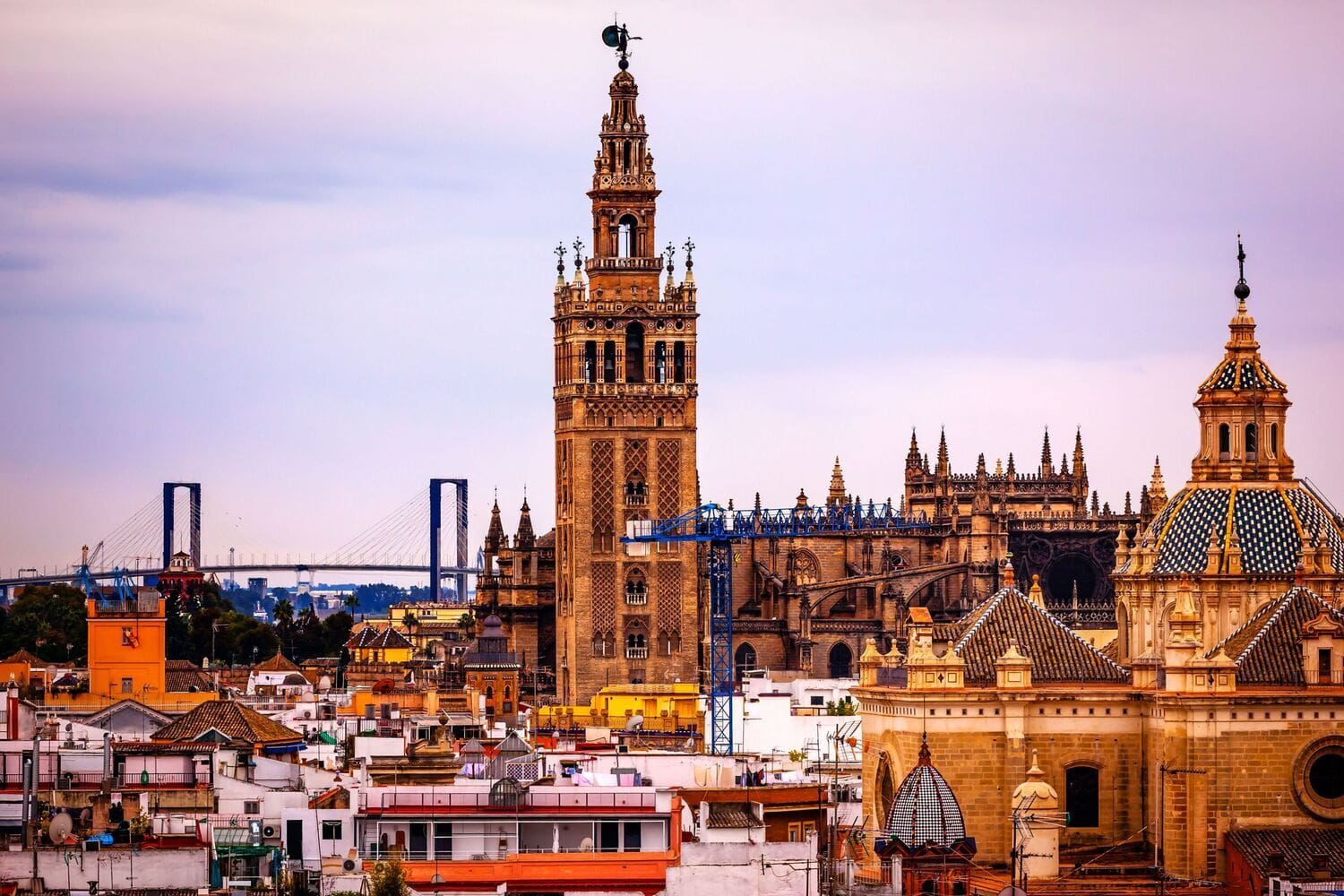El Salvador is the smallest country in Central America, often overshadowed by more popular tourist destinations, yet it holds many fascinating secrets. Despite its compact territory, it is home to volcanoes, lakes, colonial cities, and a unique cultural heritage. The country has a rich historical background, a complex political past, and is making bold moves toward a digital future. These interesting facts about El Salvador will help you better understand its uniqueness and regional significance. Below is a collection of captivating details you may not have known before.
- El Salvador is the smallest country in Central America, but it has the highest population density in the region. It covers about 21,000 square kilometers and is home to over 6 million people. This puts significant pressure on its natural resources and urban infrastructure.
- Despite its small size, El Salvador has more than 20 active and dormant volcanoes, earning it the nickname Land of Volcanoes. Some of them, such as Ilopango and Izalco, are notable natural and historical landmarks. Izalco was so active that sailors once used it as a navigational reference point.
- El Salvador was the first country in the world to adopt Bitcoin as legal tender alongside the US dollar. This decision was made in 2021 and sparked widespread global discussion. The country has developed cryptocurrency infrastructure and plans to build a futuristic Bitcoin City.
- The national dish of El Salvador is the pupusa, a thick corn tortilla filled with cheese, beans, meat, or edible flowers. It is not just a meal but a symbol of national identity found in every town and city. In November, the country celebrates Pupusa Day with street festivals and cooking competitions.
- The country is home to the ancient pre-Columbian site of Joya de Cerén, often referred to as the Pompeii of the Americas. It was preserved under volcanic ash following an eruption in the 7th century and offers valuable insights into Mayan daily life. In 1993, it was designated a UNESCO World Heritage Site.
- El Salvador is one of the few Latin American countries without access to the Caribbean Sea. Its entire coastline lies along the Pacific Ocean and features numerous beaches. These beaches have made El Salvador a top destination for surfers from around the world.
- The capital city, San Salvador, is located at the base of a volcano and is frequently affected by earthquakes. In the 20th century, the city experienced several devastating natural disasters but has always recovered. Today it is a modern metropolis with a vibrant cultural and economic life.
- El Salvador does not have a subway system, but it has an extensive network of buses that serve as the main form of public transportation. Bus drivers often decorate their vehicles with bright colors, religious symbols, and artwork. This creates a unique and colorful urban atmosphere.
- The country has a tropical climate with distinct wet and dry seasons, which significantly influences agriculture. Key crops include coffee, sugarcane, corn, and bananas. Salvadoran coffee has been cultivated since the 19th century and is considered among the highest quality in the world.
- El Salvador has a high level of urbanization, with over 70 percent of the population living in cities. This contributes to challenges such as overcrowding, unemployment, and crime. However, urban residents also enjoy better access to education, healthcare, and technology.
- The demographic structure of El Salvador is very young, with nearly half the population under the age of 25. This presents both challenges and opportunities as the country holds significant human capital potential. The government is investing in digital education and startup development.
- Catholicism plays a central role in Salvadoran culture, although evangelical Christianity has grown rapidly in recent years. Religious festivals are celebrated with processions, music, and traditional dress. One of the largest events is Holy Week leading up to Easter.
- El Salvador has a rich tradition of folklore, including legends about ghosts, spirits, and mythical creatures. One of the most famous is La Siguanaba, a female ghost with a skull-like face who lures men into the forest. These stories continue to influence local culture, literature, and film.
- The country has one of the youngest constitutions in the region, adopted in 1992 after the end of a 12-year civil war. The war claimed tens of thousands of lives and left a deep mark on the nation’s collective memory. After the peace agreement, El Salvador began a transition to democracy.
- Spanish is the official language of El Salvador, but in some areas, words from indigenous languages are still used. This is especially common in place names, geographic terms, and local plants. Many Salvadorans proudly identify with their indigenous heritage.
- El Salvador’s El Imposible National Park was named for its previously difficult access. Today it is one of the most well-preserved natural reserves in the country, home to rare species of birds, mammals, and insects. The park is a favorite destination for ecotourists and scientists.
- The country’s music scene is rapidly evolving, blending traditional cumbia rhythms with modern genres like rock, rap, and electronic music. Young artists use their music to express reality, resistance, and hope. This contributes to the development of a new cultural identity.
These interesting facts about El Salvador reveal a country that is dynamic, complex, and rich in culture, not just a dot on the map. Despite its challenges, Salvadorans remain committed to their traditions while boldly embracing the future. The nation blends natural beauty, innovation, and strong national spirit. El Salvador truly deserves attention, respect, and admiration.





